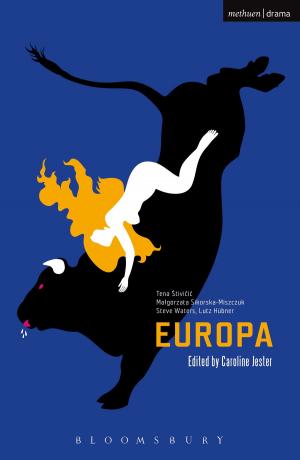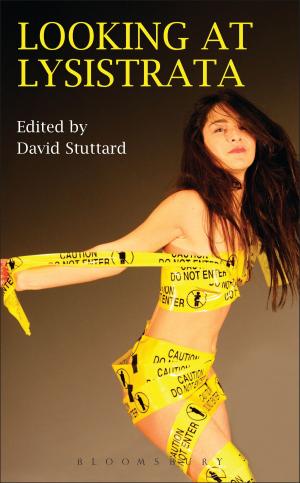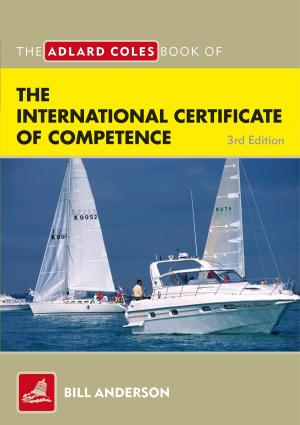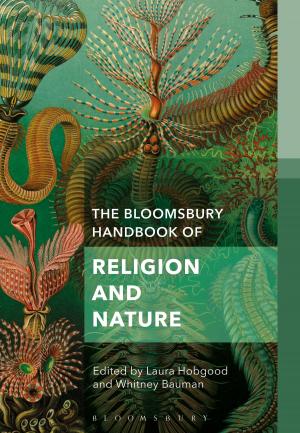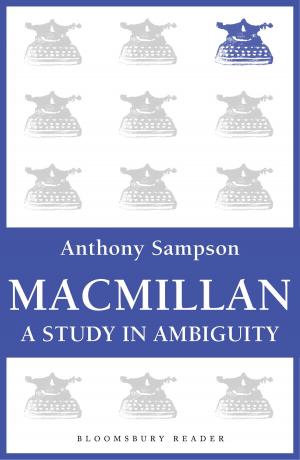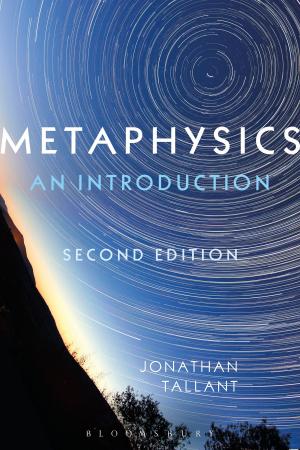Philosophical Thinking and the Religious Context
Nonfiction, Religion & Spirituality, Philosophy, Ethics & Moral Philosophy| Author: | ISBN: | 9781623566838 | |
| Publisher: | Bloomsbury Publishing | Publication: | October 24, 2013 |
| Imprint: | Bloomsbury Academic | Language: | English |
| Author: | |
| ISBN: | 9781623566838 |
| Publisher: | Bloomsbury Publishing |
| Publication: | October 24, 2013 |
| Imprint: | Bloomsbury Academic |
| Language: | English |
This new collection covers a wide range of cutting-edge and timely questions in contemporary philosophy of religion from a rich variety of backgrounds and perspectives. The essays in the volume deal with a range of fascinating topics in the philosophy of religion such as views of God's nature in process philosophy and theology, process views compared with traditional views (such as that found in St Thomas Aquinas), teleology and purpose in human life and in the universe, religion and evolution, the problem of evil both in human experience and in the natural world, and ethical questions concerning the human road to God, and the question of human rights in pluralist, democratic states.
The essays in the first section, "Approaches to God," examine the rationality of the approach to the nature of God defended in process philosophy, particularly in the work of two pioneering thinkers, Charles Hartshorne and A.N. Whitehead. The second section of the book, "Science, Evolution and God," turns to the engagement of Christian views regarding the nature of God and creation with modern developments in science and philosophy. The last section, "Philosophy of Religion and Ethics," takes up broader, more foundational questions. Santiago Sia concludes the volume with a sustained reflection on the nature of philosophy, and philosophizing, a discussion to which he brings many insights and experiences from his own academic career.
This new collection covers a wide range of cutting-edge and timely questions in contemporary philosophy of religion from a rich variety of backgrounds and perspectives. The essays in the volume deal with a range of fascinating topics in the philosophy of religion such as views of God's nature in process philosophy and theology, process views compared with traditional views (such as that found in St Thomas Aquinas), teleology and purpose in human life and in the universe, religion and evolution, the problem of evil both in human experience and in the natural world, and ethical questions concerning the human road to God, and the question of human rights in pluralist, democratic states.
The essays in the first section, "Approaches to God," examine the rationality of the approach to the nature of God defended in process philosophy, particularly in the work of two pioneering thinkers, Charles Hartshorne and A.N. Whitehead. The second section of the book, "Science, Evolution and God," turns to the engagement of Christian views regarding the nature of God and creation with modern developments in science and philosophy. The last section, "Philosophy of Religion and Ethics," takes up broader, more foundational questions. Santiago Sia concludes the volume with a sustained reflection on the nature of philosophy, and philosophizing, a discussion to which he brings many insights and experiences from his own academic career.



